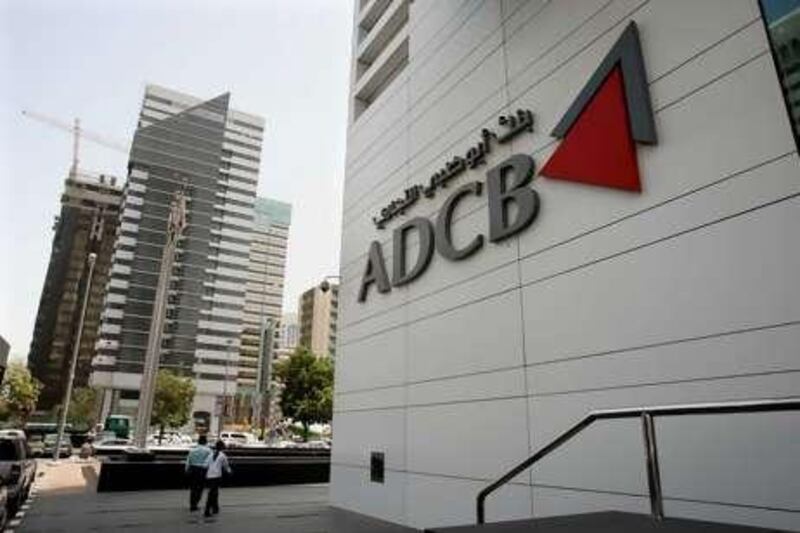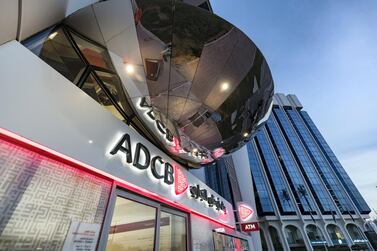The boards of Abu Dhabi Commercial Bank and Union National Bank will meet separately on Monday to discuss the three-way merger with Al Hilal Bank, a potential deal that was announced in September.
ADCB and UNB have asked for their shares to be suspended next Tuesday while they debate the tie-up, they said in separate statements on Thursday to the Abu Dhabi Securities Exchange, where their shares are traded.
In September the banks said they are exploring the possibility to consolidate, which would create an entity with $114 billion (Dh418.7bn) in combined assets.
The potential deal follows the tie-up of two of Abu Dhabi's
biggest banks last year, in which, National Bank of Abu Dhabi and First Gulf Bank became First Abu Dhabi Bank, creating a $188bn banking powerhouse.
ADCB, the emirate’s second-largest lender, and UNB are majority-owned by the Abu Dhabi Government. The emirate controls 100 per cent of Al Hilal Bank through Abu Dhabi Investment Council, the state-owned company that has tied-up with Mubadala Investment Company.
Banks in the Arabian Gulf are increasingly looking to consolidate in a bid to gain scale and cope with tougher operating conditions as lower oil prices have squeezed profit margins.
The latest in a series of merger announcements was Saudi Arabia's largest lender National Commercial Bank that announced on December 24 it is in preliminary talks to merge with Riyad Bank in a move that could create the third-biggest bank by assets in the GCC.
The spate of bank mergers should reduce overcapacity in the Gulf's overcrowded sector and boost lenders' profitability through increased pricing power, according to a report by Moody's Investors Service.
Consolidation among Gulf banks will help stem the increase in funding costs and improve lenders' earnings in the long run, the credit rating agency added. The GCC banking sector has many banks serving small populations, driving intense competition and aggressive pricing policies.
In the UAE, there are 60 banks serving a population of 9 million.







